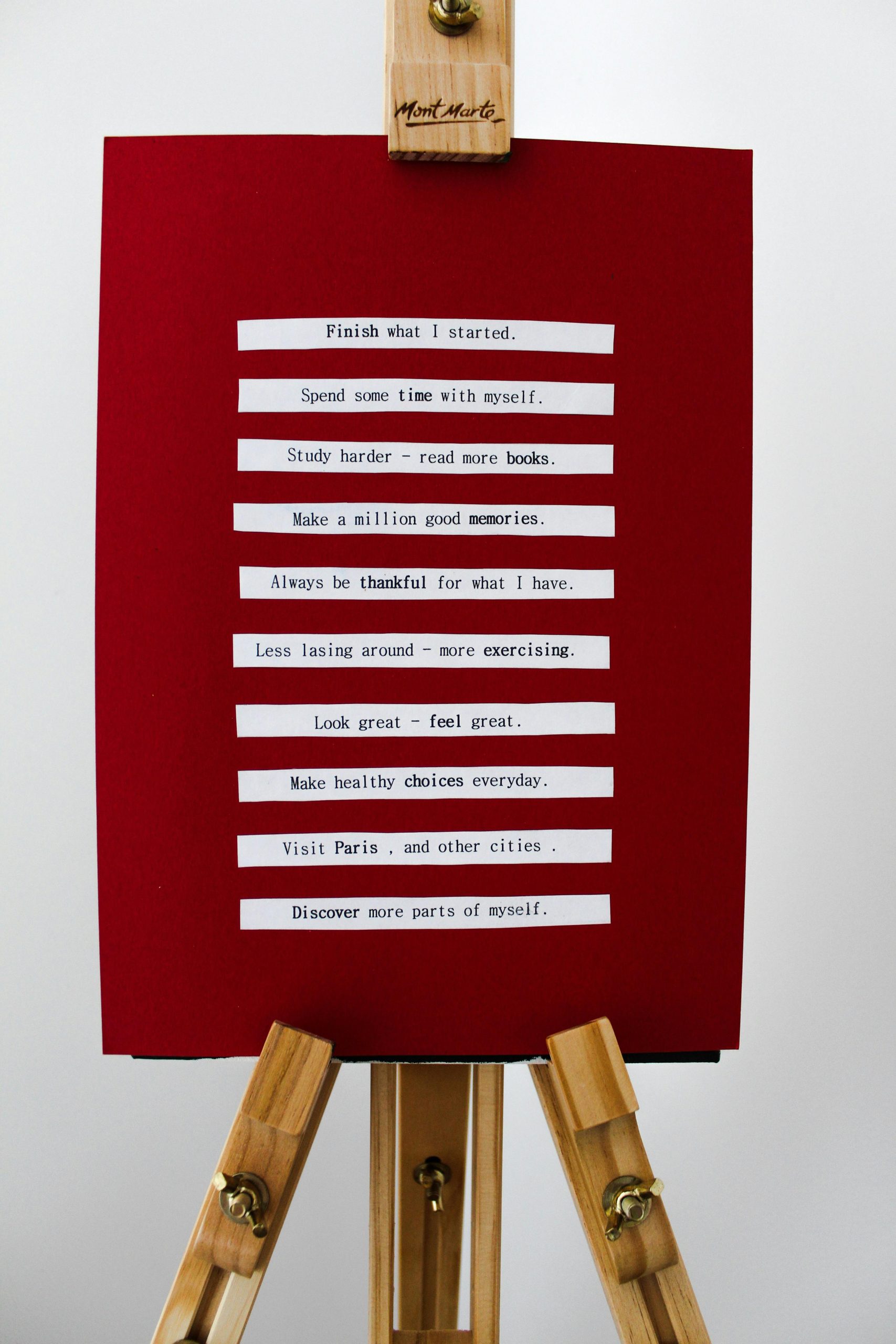Understanding Insurance Disputes: When Wind and Rain Cause Tree Damage
If you’ve experienced property damage due to falling trees, navigating insurance claims can become complicated—especially when the cause of the fall is disputed. Recently, a homeowner faced this challenge after a tree toppled onto their shed. The certified arborist who evaluated the scene confirmed that a combination of wind and rain led to the tree’s collapse. However, the insurance company contended that only rain contributed to the fall and subsequently denied coverage.
This situation highlights a common dilemma: how do policyholders handle disagreements with insurance providers regarding the cause of damage? It’s important to understand your rights and the typical procedures involved.
In scenarios like this, independent assessments from certified professionals such as arborists can be pivotal. Their expert opinions often carry significant weight in establishing the cause of damage. When insurance companies dismiss claims based solely on their own interpretations, policyholders may need to challenge the decision.
It is not unusual for insurance representatives to deny claims if the cause isn’t clearly covered under the policy’s terms. However, the absence of an on-site inspection from the insurer can sometimes weaken their position—especially if you have expert testimony supporting your case.
If your claim has been denied on the grounds of disputed cause, consider the following steps:
- Obtain a detailed, written report from qualified professionals (e.g., arborists or other relevant experts) outlining their findings.
- Review your insurance policy thoroughly to understand coverage specifics related to storm and weather-related damage.
- Contact your insurer to request a formal explanation of the denial and inquire about the possibility of an inspection or reconsideration.
- If necessary, escalate the matter by filing an appeal or seeking assistance from a local insurance ombudsman or consumer protection agency.
- Keep thorough records of all correspondence, professional reports, and any evidence supporting your case.
Remember, insured individuals have the right to contest decisions they believe are unjustified. Empowering yourself with expert opinions and understanding your policy can significantly improve your chances of a favorable resolution.
Have you faced similar challenges with property damage claims? Sharing your experiences and advice can help others navigate the often complex landscape of insurance disputes.



